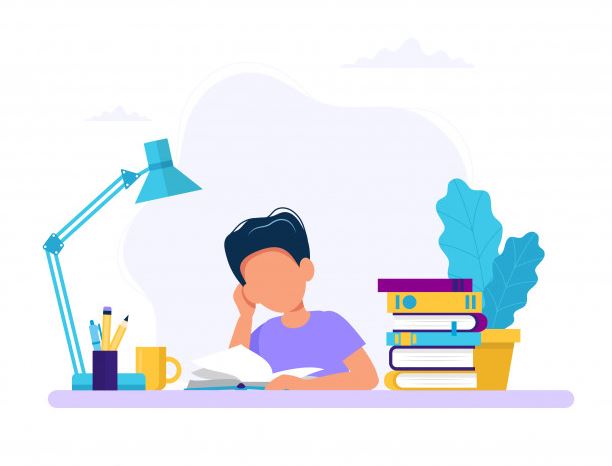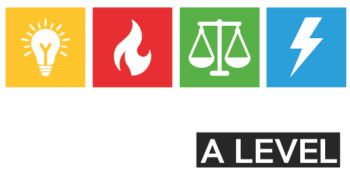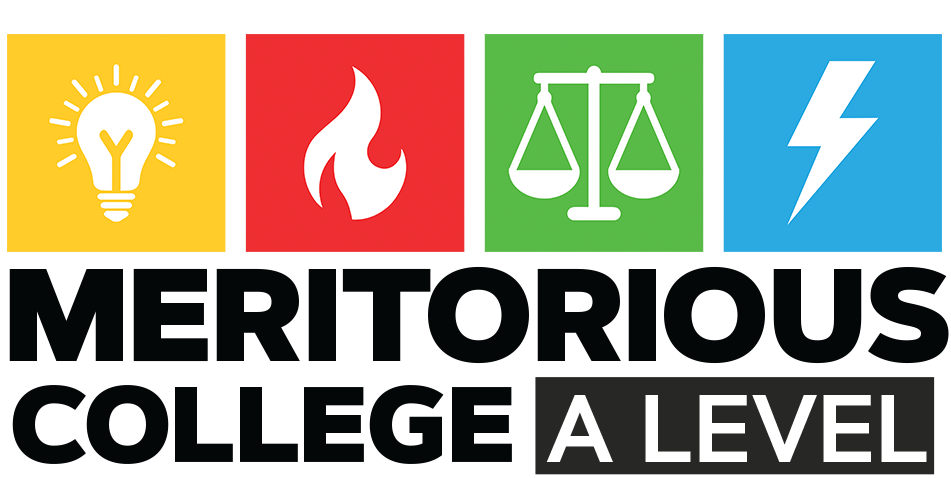
Everyone desires to succeed in their exams and get straight A’s but only a few manage to do it. Ever wonder what makes these students stand out of the crowd?
The high achievers and toppers always follow a proper schedule and possess good study habits. Here are a few ways you too can develop good study habits.
Identify your learning styles
The first and the most important thing before starting studying is to identify your learning styles. There are variety of learning styles:
Visual: If you are a visual learner, try learning using flashcards, mind maps, pictures or diagrams.
Auditory: If you lie in this category try listening to course related audios and videos.
Reading/writing Learners: Some students grasp knowledge through written material either online or in handout form.
Kinesthetic Learners: They learn by playing a physically active role.
Create a study plan
Creating a study plan will help you in keeping track of your progress step by step. Once a task is completed you’ll know how many milestones have been achieved to reach your final destination. A study plan makes you organized and provides motivation. A sense of discipline is created as a result of learning at regular hours. Sticking to the plan will help you prepare ahead of time and avoid panic.
Avoid distractions
Set up a productive place to study. A place where there is no interaction with your family members and friends. This will allow you to concentrate more on what you are studying.
It is important to keep your phone away to avoid all sorts of distraction. Prefer a quiet and comfortable environment which will allow you to solely focus on your studies.
Take notes
Whether you are taking online or physical classes, it is essential to take notes. These days students consider it trivial to take notes. Although scientific studies suggest that taking notes helps in learning faster and absorbing information than just listening. It is said when you write something it retains in your brain more.
Effective use of resources
Your teacher should be the first person to ask for guidance but if they are not available make use of the internet. With the advancement in technology, a huge variety of study resources are available online. E-books, guides and video tutorials are available on a single click. Students who prefer to learn additionally from internet resources along with the lessons provided by their teachers are able to build clearer and stronger concepts.
You may look up to websites such as Khan Academy to get guidance.
Taking intervals
Taking short breaks or studying in chunks helps you in learning faster than studying continuously for hours. Segmenting your study time will help you in faster absorption and retention of the knowledge as well. This way your mind relaxes and prepares for another activity. It is better to study for one hour then take a break than studying for 2-3 hours without any interval in between.
Having a balance between academics and personal life
It is quite essential to create a balance between your academics and personal life. Never should a student comprise his personal life due to his academics. Academic-personal life balance is not only crucial for the productivity of the students but also essential for the well-being of people around them. High graders always put effort into their academics while enjoying their social life at the same time.
It must be kept in mind that the sole purpose of education is not only to prepare for exams and get good grades but to create learners for life. Developing good study habits is not a lengthy or a complicated process. By incorporating small habits and altering your lifestyle, you can achieve this goal.
You can teach a student a lesson for a day; but if you can teach him to learn by creating curiosity, he will continue the learning process as long as he lives.

